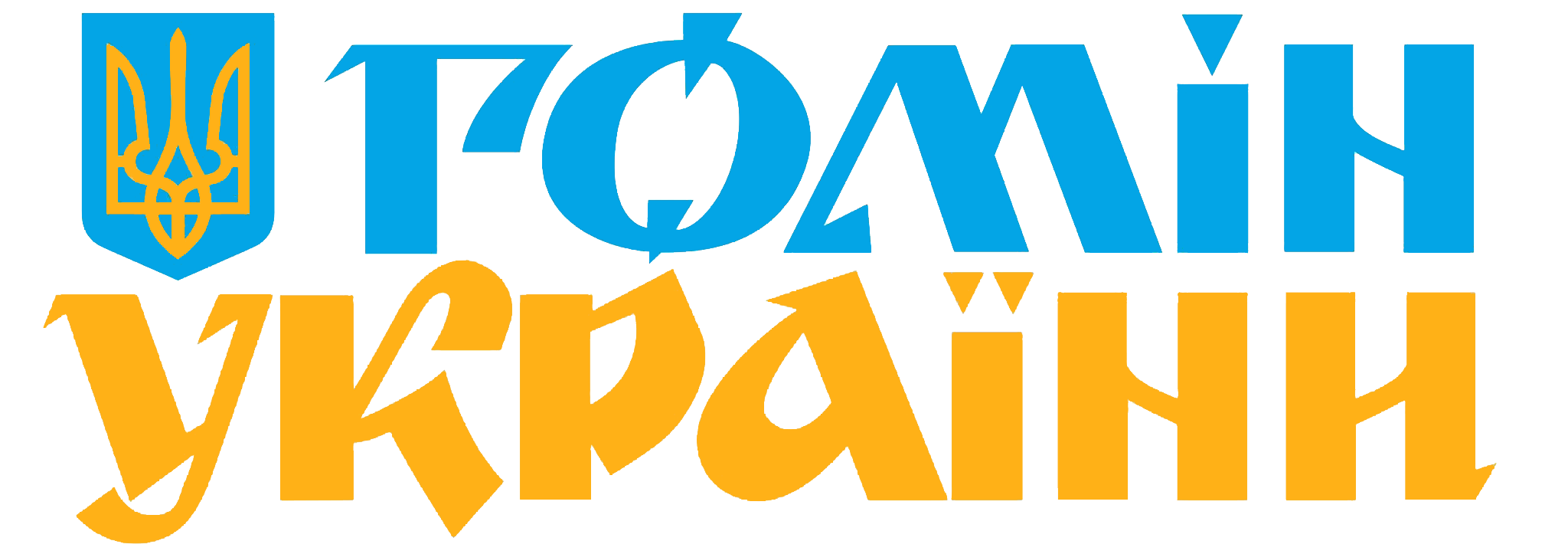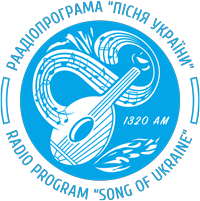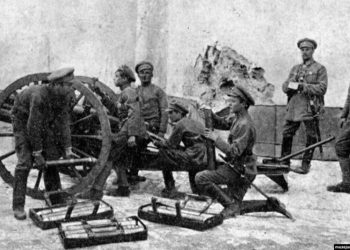Yuriy Shchur
At the end of February 2025, the Kyiv publishing house “Ukrainian Publishing Business” announced the imminent release of another (already the 9th!) collection from the series of classics of nationalist thought. This time, under one cover, the works of an extraordinary author were collected – historian Valentyn Moroz, who left a bright mark on Ukrainian history of the 20th century.
Dissident Vasyl Ovsienko objectively believed that “the most prominent representative of integral nationalism was the brilliant publicist, historian Valentyn Moroz with his philosophical voluntarism, defense of the purity of the national ideal at any cost, cult of a strong personality and passion.” In 1974, the Deputy Head of the KGB of the Ukrainian SSR, Troyak, signed a certificate with an even more concise, but no less categorical conclusion: “Moroz is characterized as a fanatically minded Ukrainian nationalist.” He would carry this fanatical mindset throughout his life.
The life path of the future Ukrainian historian, political prisoner-nationalist, talented poet, and brilliant publicist-theoretician began on April 15, 1936, in the village of Holoniv, Horokhiv district, Volyn. And at first everything was typical and standard, as for that era: school, after graduating from which he entered Lviv University for a history degree. Correspondence postgraduate study, because the path to a full-time degree was blocked by an unsatisfactory grade in the history of the CPSU. Valentin Moroz did not make a career for himself, the opportunities for which were opened by the history faculties of the Soviet era, which were considered the first step to the heights in the Communist Party and the KGB. He chose the profession of historian, worked as a headmaster and teacher of a rural school, and from 1964 – as a teacher at the Lutsk, then Ivano-Frankivsk pedagogical institutes. In Lutsk, he wrote a candidate’s thesis, in which he investigated the local trial of members of the Communist Party of Western Ukraine, which took place in 1934.
Within a year, Valentyn Moroz’s life changed dramatically. In September 1965, he was arrested. Then came the trial on charges of anti-Soviet agitation and propaganda and a sentence to 4 years in camps under Article 62 of the Criminal Code of the Ukrainian SSR. He served his sentence in camp ZhKh-385-17-A in Mordovia. At that time, many figures of the Ukrainian nationalist movement, both OUN and UPA members, and leaders of underground organizations of the 1950s and 1960s, were serving their sentences in the camps there.
Among the declassified KGB documents, we managed to come across one interesting document related to Valentin Moroz: a certificate from the KGB of the Ukrainian SSR on the Moroz case, prepared in the name of the leader of the Communist Party of the Ukrainian SSR, Shcherbytsky, dated September 16, 1974. The main information here concerned the activities of the Ukrainian emigration in protecting the political prisoner Moroz. In particular, it was reported that, according to operational data received, the leadership of the Ukrainian Congressional Committee of America (UCCA) was trying to enlist the support of 40 American members of parliament for a resolution in defense of Moroz. This document was submitted to the US Congress by Senator Taft and Congressman Fald. It was also noted that in order to organize support in this matter, the UCCA branches in New York, Detroit and Irvington sent about 8 thousand letters to government authorities.
In addition, KGB officers focused on the activities of the “Committee for the Defense of Moroz” (whose leadership included Stepan Bandera’s son Andriy). At that time, the committee called for constant calls to the Volodymyr prison with requests for information about the prisoner and to send telegrams to US President J. Ford, senators and congressmen with a request to support the demand for the release of Moroz. The movement’s activists appealed to the leading media outlets with a request to publish more articles about Moroz and other political prisoners.
On September 29, 1974, the UCCA in New York held a demonstration in defense of Valentin Moroz, during which about 15 cars of “radical nationalists” specially drove past the building of the USSR and Ukrainian SSR mission to the UN. In total, according to the calculations of journalists from the New York Times, more than 2 thousand people took part in the action. With anti-Soviet slogans, they marched through the city’s central streets and held several rallies, including near the UN headquarters.
Of course, such actions of the Ukrainian emigration could not go unnoticed in the Ukrainian SSR. Accordingly, on the instructions of the party leadership, KGB specialists prepared a report on the Moroz case. The document is more than interesting, particularly in terms of the confrontation of an individual against an entire system.
At the time of preparing the profile, Valentyn Moroz had been sentenced a second time for anti-Soviet activities to 9 years in prison and was serving his sentence in Volodymyr prison No. 2. KGB authors wrote that after the first sentence in 1966, Moroz “did not embark on the path of correction”: in prison he continued his nationalist activities, in particular, he wrote the book “Report from the Beria Reserve”, which he managed to smuggle abroad. Already during his first imprisonment, KGB officers described Moroz as nothing more than an “extremist.”
After his release, in October In 1969, Moroz returned to Ivano-Frankivsk. Here, based on the results of operational-investigative measures carried out within the framework of the “Bloc” case, the KGB recorded Moroz’s increased activity in the nationalist movement. In particular, this concerned the fight against Russification, work among the intelligentsia and youth aimed at activating protest movements, etc. It was recognized that Moroz’s influence contributed to the cohesion of like-minded people.
Obviously, the KGB was not going to tolerate Valentin Moroz’s anti-Soviet activities any longer. On June 1, 1970, he was arrested and tried again. During the investigation and the trial, he behaved defiantly, demonstratively refusing to give testimony and sign the protocols. He did not plead guilty, and during the trial he tried to defend his views on history and realities in the USSR. In particular, the report contains an excerpt from Valentyn Moroz’s speech at the trial: “If I am to be tried for fighting chauvinism and Russification, then another 10 years should be added to the 10 years requested by the prosecutor, since I fought the evil that threatens my people and will fight this evil all my life.”
The Ivano-Frankivsk court recognized Moroz as a particularly dangerous recidivist. Observing him while serving his sentence, KGB officers characterized Moroz as a fanatically-minded Ukrainian nationalist and a principled anti-Soviet. In particular, when he was transferred to Kyiv in the case of the arrested poet Svitlychny, Valentyn Moroz refused to testify.
The KGB also noted a change in the tactics of the Ukrainian emigration in the fight for the release of Moroz (as well as a number of other political prisoners). In particular, in contrast to picketing and organizing protests in front of Soviet missions, sending out various bulletins in support of Moroz, etc., foreign OUN branches began to implement tactics with demands for the release from punishment of fighters against the Soviet regime convicted in the Ukrainian SSR. The same goal was pursued by American Senator G. Jackson, the text of whose request regarding the fate of Moroz was published on the air of Radio Liberty. The KGB noted that such broadcasts, as well as similar ones on Radio Canada, were perceived in Ukraine as a sign of Western support for the aspirations of fighters against the Soviet regime. Accordingly, any relaxations in relation to the arrested and convicted anti-Soviet activists would be perceived in the West as a victory for Ukrainian nationalists and a strengthening of the influence of the anti-Soviet group in the United States government.
To reduce the interest of foreign figures in the fate of Moroz and other political prisoners, the leadership of the KGB of the Ukrainian SSR intended to broadcast through the radio and other communication channels an appeal by Ivan Franko’s granddaughter Zinovia (whom the KGB forced to cooperate) entitled “We’ll manage without you!” In addition, assistance was provided to the candidate of philosophical sciences S. Voznyak in preparing an article for the Ivano-Frankivsk regional newspaper “Prykarpatska Pravda” based on the materials of the criminal case of Valentin Moroz. Later, this article was also intended to be published in the newspaper “Visti z Ukrainy”. And, of course, the processing of the closest relatives continued, a “weak link” was sought to influence the political prisoner. Looking back over the past years, we know that the KGB officers failed to do anything against the nationalist historian.
The name of Valentin Moroz outside the borders of the USSR became a symbol of the cruelty of the Soviet totalitarian regime and the suppression of freedom of speech. Finally, after a 5-month hunger strike in 1979, under pressure from the world community, the authorities were forced to exchange Moroz and four other dissidents for two Soviet KGB agents. The exchange took place on the night of April 27-28, 1979 at New York’s Kennedy Airport.
Moroz first settled in America, later in Canada. He taught at Harvard University (1979-1980), published the magazine “Anabasis” (1980-1991), and hosted a weekly radio program in Toronto (1986-1991). In December 1992, he returned to Lviv.
He was a professor and head of the Department of Ukrainian Studies at the Ukrainian Polygraphic Institute named after I. Fedorov, professor of the Department of Ukrainian Studies of the Lviv State Institute of Physical Culture, lecturer of political science of the Lviv branch of the Ukrainian Academy of Public Administration under the President of Ukraine.
He wrote a lot. Years of his scientific research were eventually framed in the three-volume monograph “Ukraine in the Twentieth Century”, which almost immediately became a bibliographical rarity.
The prominent Ukrainian died on April 16, 2019. He was buried in Lviv at the Lychakiv Cemetery.







